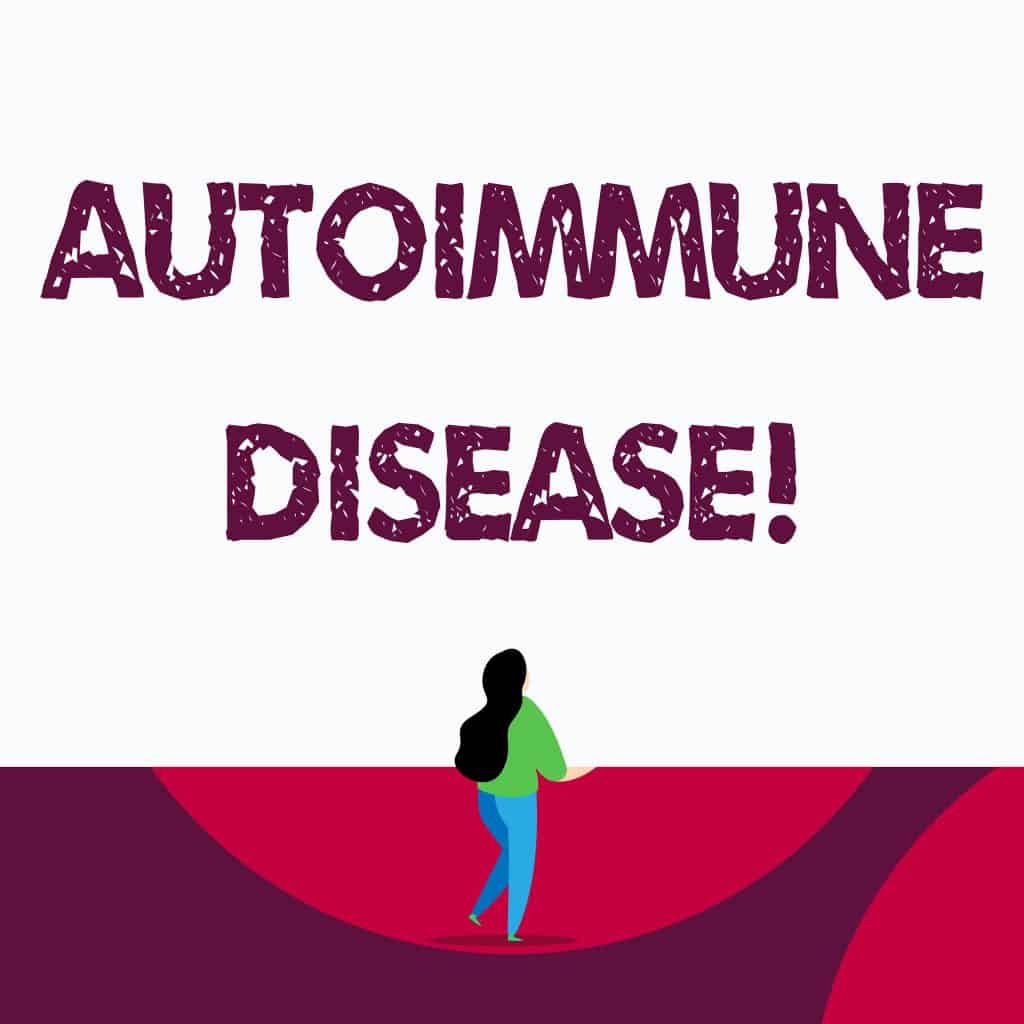What is an Autoimmune Disease? Causes, Common Diseases, Treatment
Posted by Prescription Hope - See Editorial Guidelines (Last Updated On: Thu Apr 27 2023)
Many individuals have diseases and illnesses that are caused by their immune system mistakenly attacking itself. This is called an autoimmune disease, and there are many different autoimmune diseases that someone can suffer from.
In this article, we will discuss what an autoimmune disease is in detail and the potential causes. First, let’s give you a quick answer before we get into the specifics.
What is an Autoimmune Disease? An autoimmune disease is a condition characterized as the body’s own immune system mistakenly attacking itself. Some diseases will only affect one organ, and others can affect the whole body. This occurs when the immune system thinks that healthy cells in the body are foreign and harmful. So, it begins to attack those healthy cells.
With this quick answer in mind, let’s cover the details.
What is an Autoimmune Disease?

Normally the immune system will tell the difference between healthy cells and foreign cells. However, when the immune system becomes overactive, it can begin to attack the body’s own tissues and cells.
In this case, the immune system will start producing autoantibodies that start targeting healthy cells instead of fighting infections. Thus, healthy cells become damaged, triggering the onset of a disease.
Causes of Autoimmune Diseases
What causes the immune system to attack itself is not fully known. However, there are certain groups of people that are more inclined to have autoimmune diseases. For example, women are more likely to suffer from an autoimmune condition when compared to men. Certain ethnic groups may be more likely to suffer from a specific autoimmune disease than other ethnic groups.
The amount of people suffering from autoimmune conditions has been on the rise, so many researchers are looking into what could be potential causes.
A person’s diet could be one factor. For example, eating foods that have been processed, are high in sugar, and unhealthy carbohydrates can cause inflammation in our bodies. This inflammation may trigger the immune system to attack itself.
Another factor could be one’s environment. Being exposed to certain infections or chemicals may be the trigger. Being under immense amounts of stress is a social environment issue that can cause our hormones to get out of whack, affecting our immune system’s function.
Again, the exact cause is not yet known, but hopefully, that changes in the near future.
Common Autoimmune Diseases
There are roughly 80 different autoimmune diseases. However, here is a list of the more common ones:
Type 1 Diabetes
Type 1 diabetes is an autoimmune disease that directly affects the pancreas. The immune system starts to kill insulin-producing cells in the pancreas, leading to severe high blood sugar. High blood sugar levels can lead to other complications, such as kidney problems, changes in vision, slow-healing wounds, and problems with nerves.
Myasthenia Gravis
Myasthenia Gravis is a neuromuscular condition in which the individual has severe muscle weakness. This occurs because antibodies bind to nerves, and the person cannot stimulate their muscles appropriately.
Rheumatoid Arthritis
When the immune system starts to attack joints and causes stiffness, redness, and soreness, it leads to rheumatoid arthritis (RA). RA can start to affect people at a fairly young age.
Psoriasis
Psoriasis is when the immune system causes the skin to multiply too rapidly, creating a buildup of extra cells. This causes red patchy inflamed parts of the skin. Psoriatic arthritis can start to form, as some patients experience joint stiffness and swelling.
Lupus
Lupus occurs when the antibodies attach to tissues throughout the body. Therefore, many different organs are affected by this autoimmune disease. Inflammation and pain are major characteristics of this condition.
Inflammatory Bowel Disease
Inflammatory bowel disease is when the immune system starts to attack the lining of the intestines. This can lead to diarrhea, abdominal pain, fever, weight loss, and bleeding of the rectum. Crohn’s disease and ulcerative colitis are two examples of inflammatory bowel disease.
Multiple Sclerosis
Multiple Sclerosis (MS) is when the immune system attacks nerve cells, causing damage to the protective coating around the cells, called the myelin sheath. This causes decreased speed in messages sent between your brain and the rest of your body. Lack of coordination, weakness, pain, and muscle spasms are often associated with this condition.
Addison’s Disease
When the adrenal glands don’t produce enough cortisol and aldosterone, it may be caused by Addison’s disease. Too little of these hormones can affect the way your body uses and stores carbohydrates. It can also lead to sodium loss and too much potassium in your blood.
Grave’s Disease
Antibodies can trigger the thyroid to produce too much thyroid hormone (hyperthyroidism). This is known as Graves’ and may cause bulging eyes, weight loss, rapid heart rate, irritability, and other symptoms.
Guillain-Barre Syndrome
Guillain-Barre syndrome is characterized by the immune system attacking nerves responsible for helping control muscles of the legs and sometimes the arms.
Hashimoto’s Thyroiditis
This is when one’s thyroid function is deficient. It can cause weight gain, fatigue, cold sensitivity, and hair loss.
Celiac Disease
Patients that have celiac disease cannot eat gluten. When gluten is consumed, the immune system will attack the gastrointestinal tract, causing inflammation.
Autoimmune Vasculitis
This autoimmune disease occurs when the immune system attacks blood vessels, which causes swelling. The inflammation leads to the narrowing of the arteries and veins, restricting blood flow.
Pernicious Anemia
There is a certain protein known as the intrinsic factor that is made by the cells of the stomach lining and is needed to absorb vitamin B12 from food. Pernicious anemia means there is a deficiency of this protein.
Symptoms
Many autoimmune diseases have similar symptoms. Here are some signs and symptoms to look for in autoimmune diseases.

- Weakness
- Fatigue
- Changes in weight
- Skin problems
- Possible vision problems
- Hair loss
- Numbness or tingling sensation in hands or feet
- Difficulty concentrating
- Muscles aches or cramps
- Swelling
- Joint pain or weakness
Each autoimmune condition will have its own specific signs and symptoms. You should talk to your doctor about any symptoms you may have.
Treatment Options
The exact treatment you need will depend on the autoimmune condition you have. However, many of the treatment options focus on reducing inflammation and controlling the immune system’s response.
Autoimmune diseases cannot be cured, but patients can live normal lives with the proper treatment to control their condition. For example, those that have type 1 diabetes will require insulin therapy. Insulin will not cure their condition, but it will give them the potential to keep their blood sugar levels stable so that they can live a normal and healthy life.
Your doctor should determine the treatment that is best for you after they have evaluated your condition.
Final Thoughts
Suffering from an autoimmune condition can be very difficult and frustrating. Your condition can be controlled, but you must discuss your symptoms with your doctor first. For questions regarding your health and wellness, talk to your healthcare provider.
If you are struggling to afford your prescription drugs, then Prescription Hope can help. We work directly with pharmaceutical manufacturers to provide patients with the medicines they need at a set, affordable cost. Enroll with us and start paying just $60.00 a month through Prescription Hope’s medication access service for each of your medications .

